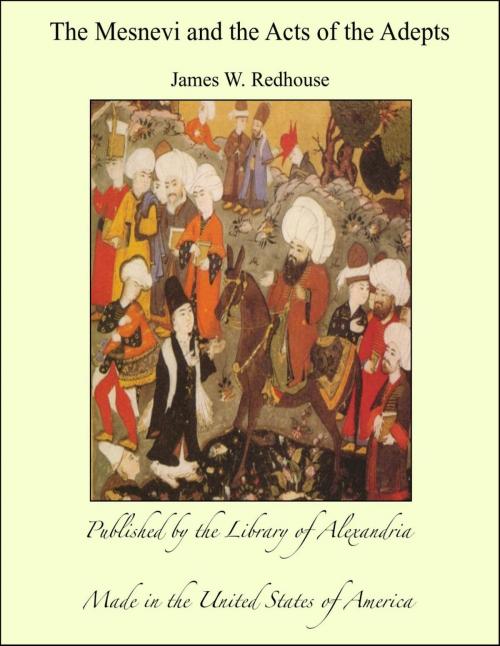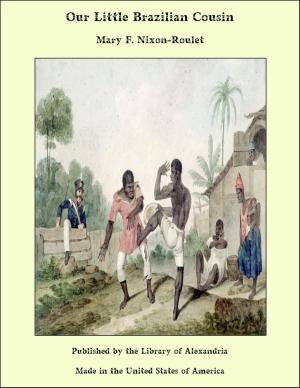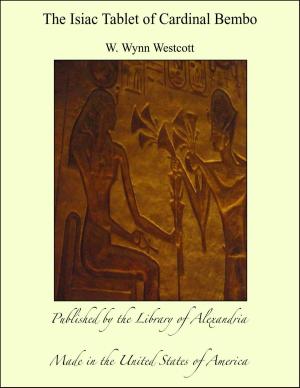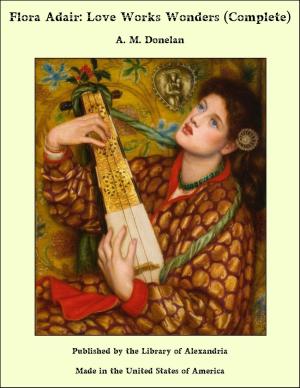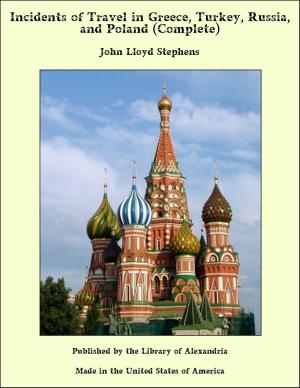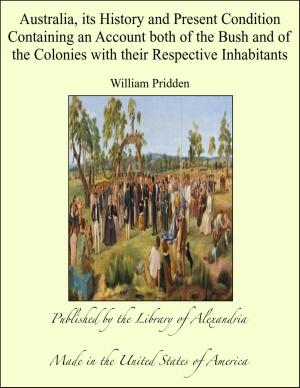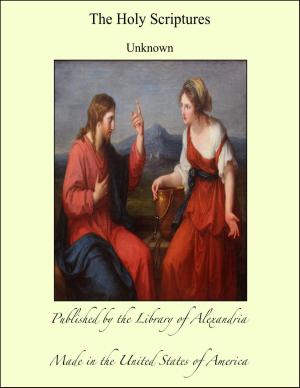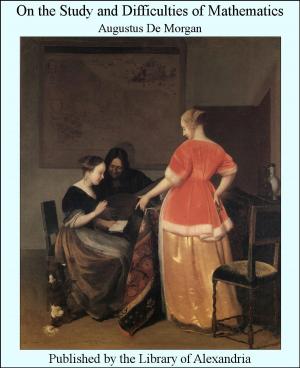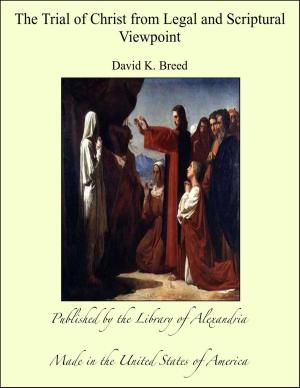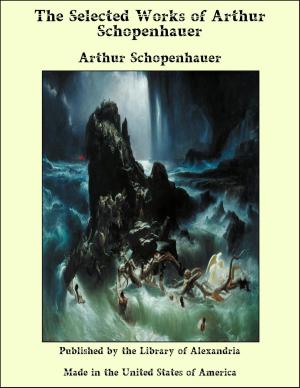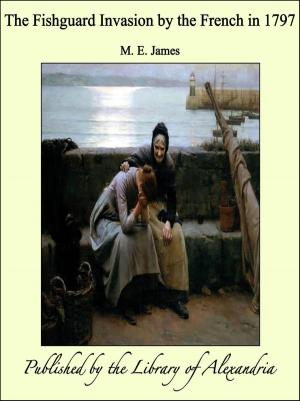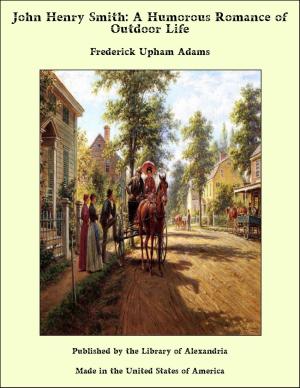The Mesnevi and the Acts of the Adepts
Nonfiction, Religion & Spirituality, New Age, History, Fiction & Literature| Author: | James W. Redhouse | ISBN: | 9781465579577 |
| Publisher: | Library of Alexandria | Publication: | March 8, 2015 |
| Imprint: | Language: | English |
| Author: | James W. Redhouse |
| ISBN: | 9781465579577 |
| Publisher: | Library of Alexandria |
| Publication: | March 8, 2015 |
| Imprint: | |
| Language: | English |
THE historian El Eflākī was a disciple of Chelebī Emīr ‘Ārif, a grandson of the author of the Mesnevī. ‘Ārif died in a.d. 1320; but as the dates of ‘Ārif's successors are carried down to a.h. 754 (a.d. 1353), when Eflākī's collection of anecdotes was completed, the historian must have outlived this last date. As a disciple of the Emīr ‘Ārif, he was a dervish of the order named Mevlevī, as being followers of the rule and practices of Mevlānā Jelālu-’d-Dīn, er-Rūmī, commonly known in English literature as "the dancing dervishes," expressed by Americans: "whirling dervishes." The dervishes of the order do not all dance or "whirl." Some are musicians, and some singers or chanters, who may, however, be occasional dancers also.
THE historian El Eflākī was a disciple of Chelebī Emīr ‘Ārif, a grandson of the author of the Mesnevī. ‘Ārif died in a.d. 1320; but as the dates of ‘Ārif's successors are carried down to a.h. 754 (a.d. 1353), when Eflākī's collection of anecdotes was completed, the historian must have outlived this last date. As a disciple of the Emīr ‘Ārif, he was a dervish of the order named Mevlevī, as being followers of the rule and practices of Mevlānā Jelālu-’d-Dīn, er-Rūmī, commonly known in English literature as "the dancing dervishes," expressed by Americans: "whirling dervishes." The dervishes of the order do not all dance or "whirl." Some are musicians, and some singers or chanters, who may, however, be occasional dancers also.
